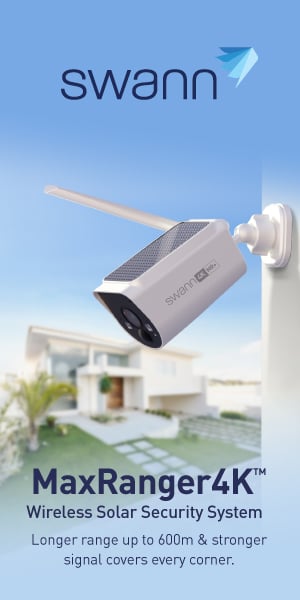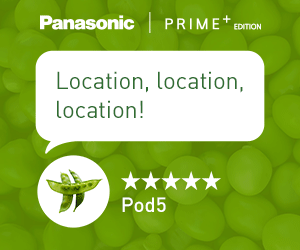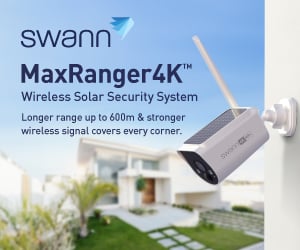
News Corporation who are desperate to deliver new services that will improve their revenue declines spanning print and online will be forced to buy wholesale bandwidth from Telstra due to their 50/50 joint venture ownership of Foxtel. The Australian Financial Review claims that complexities surrounding the talks threaten to frustrate efforts to boost Foxtel’s 30 per cent penetration of Australian homes as broadband providers, free-to-air networks and foreign interlopers threaten its pay-TV monopoly. During the next 18 months Telstra and Foxtel could come under pressure in the content market as more households get access to the national broadband network and faster speeds. Several foreign content providers including Netflix are looking at launching content services in Australia that could eat into Foxtel revenues. The Australian Financial Review has learned that Foxtel chief executive Richard Freudenstein has drawn up a full business plan for a mass-market broadband service. Currently Foxtel reaches 2.5 million homes with their pay TV service that is among the most expensive in the world. Telstra and Rupert Murdoch’s News Corporation each own 50 per cent of the pay TV business, which is Australia’s most profitable media company, generating operating earnings of $944 million in 2012-13, in recent months Telstra has moved to favouring News Corporation with stories ahead of other media organisations. The triple-play project which is led by David Duncan, according to an internal Foxtel memo is ready to be rolled out with News Corporation set to benefit from their media content being delivered to devices attached to the Foxtel network. One of the stumbling blocks for News Corporation is that the shareholder agreement between News, Telstra and Foxtel is prohibits them from launching a broadband service unless Foxtel uses Telstra as its wholesale provider and Telstra approves the service. It is believed the current shareholder agreement does not expire until 2020. One analyst, who asked not to be named told the Financial Review: “If Foxtel went to market as an independent company there is no doubt Telstra would effectively be creating their single biggest competitor. There is no way Telstra will let that happen. It’s an incredibly difficult situation for Foxtel.” News Corp chief executive Robert Thomson told investors in New York last week that a “triple play offer” had great appeal because it would increase customer “stickiness” and help Foxtel lift its “stubborn” 30 per cent take-up by the Australian population. While Foxtel grew subscribers by 3.4 per cent in 2012-13, many new customers bought cheaper internet television packages such as Telstra’s T-Box. The AFR said that discussions between Foxtel and Telstra have been hampered by uncertainty over the price NBN Co would charge Telstra for access to its fibre-to-the-home network (which was due to supplant Telstra’s copper network under the Labor government’s plans). The Australian Competition and Consumer Commission is due to announce how much NBN Co can charge for access to that network, which could give Telstra a price point on which to base its resale price to Foxtel. But the change of government has injected more complexity and uncertainty to the discussions. Foxtel believes that a new broadband service would stop their high churn rates which are currently running at 13% A new broadband service would help Foxtel to boost revenues from both content and broadband services. Foxtel, whose growth has been hamstrung by the anti-siphoning rules that prevent key sporting events from being shown exclusively on pay-TV, has launched web and mobile-based services Foxtel Play and Foxtel Go to try to lure customers who cannot afford its $100-a-month premium packages. It is also preparing to sell a web-based movies-on-demand subscription service, called Presto, that is seen by analysts as a pre-emptive strike against popular US service Netflix, which has registered Australian trademarks ahead of a possible future launch. |
Error, group does not exist! Check your syntax! (ID: 5)

Popular Posts
Digital Magazines
Categories
- Appointment & Jobs496
- Automation471
- Communication2939
- Display1259
- Hardware2090
- Industry7485
- Latest News31879
- Networking984
- Sound1721
Recent Post
Arlo has released its new Essential FHD Outdoor Camera 2nd Gen, which is exclusively available at Officeworks for a limited... Read More





































